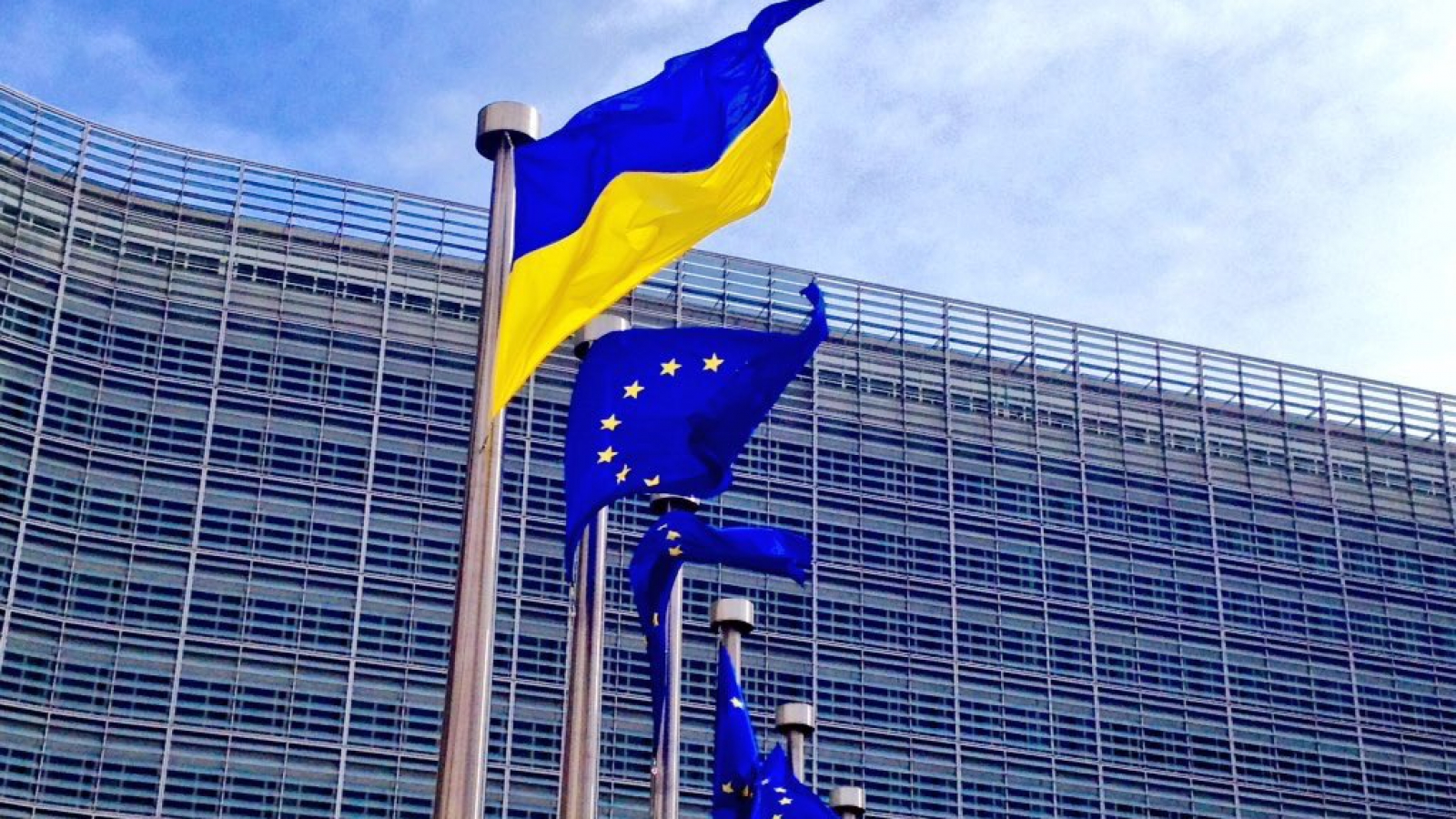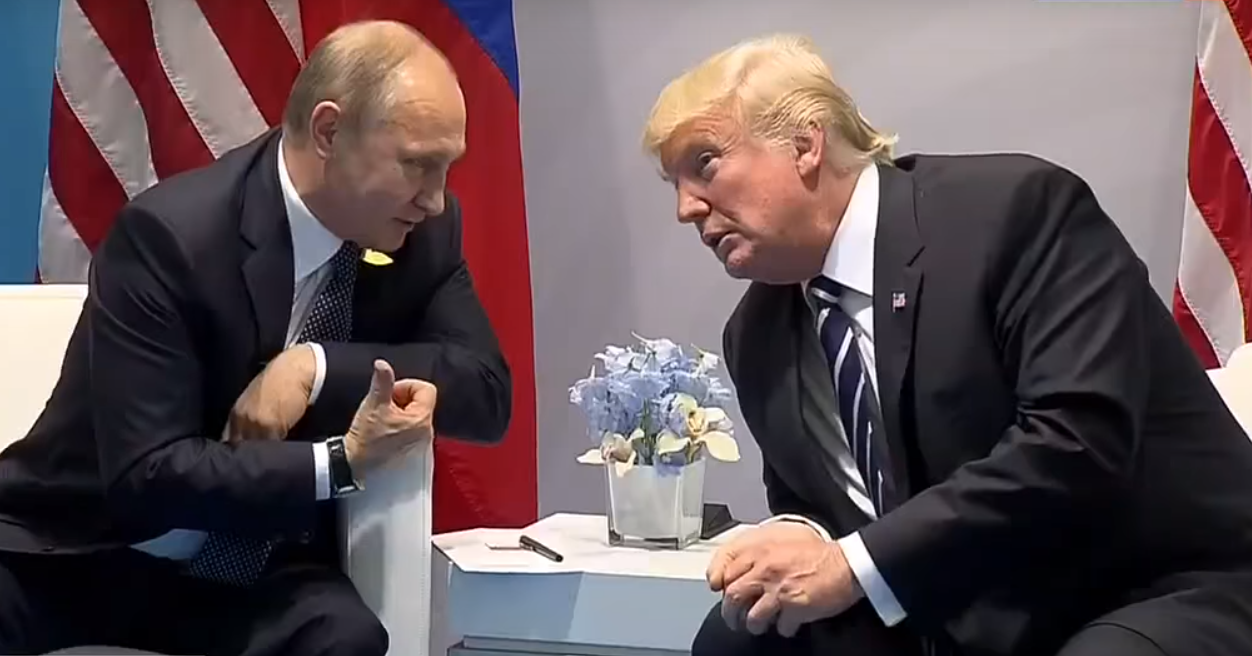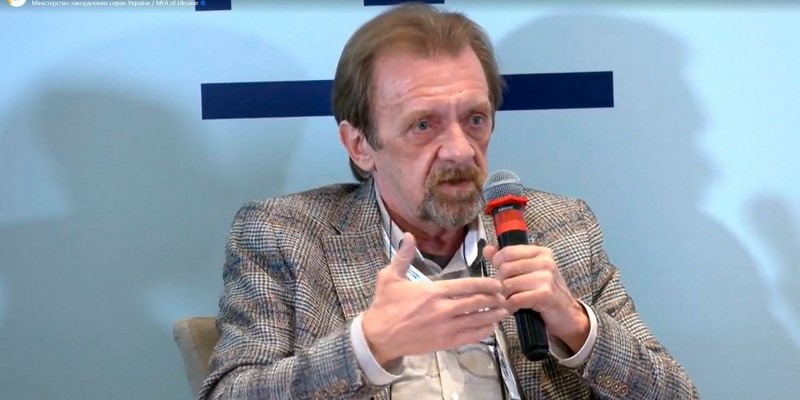As in the past, prior to this important meeting of the European Council there were discreet, behind‑the‑scenes talks suggesting that the time may be right to forego the uncompromising principle of the respect for the territorial integrity of independent states in order to engage a defiant Russia on other issues – naively perceived by such proponents – to be mutually beneficial.
Such intrinsically flawed diplomacy would be a strategic blunder with serious negative consequences both regionally and globally.
Since Russia began its military aggression against Ukraine in 2014, with the significant exception of Germany’s highly controversial wavering on Nord Stream 2, the EU and NATO have maintained a steadfast position of supporting Ukraine’s defense of its territorial integrity, sanctioning Russia for blatantly violating this fundamental right of all independent states, and looking for genuine solutions to stop Russia’s violent military aggression against Ukraine, including the negotiation of several ceasefire agreements that have been crassly breached by Russia immediately following their conclusion.
The intricate diplomatic efforts required to maintain this broad coalition in the face of intense Russian pressure and disinformation have truly been laudable; and the results, well worth these efforts.
Russia’s expansionist ambitions and overt attempts to derail Ukraine’s democratic and pro-EU course have been thwarted. This has helped improve both EU and global security.
A Russian democratic movement is challenging the supremacy of Putin’s 22-year authoritarian regime, thus forcing it to undertake repressive measures to contain the “threat” of democracy.
Notwithstanding these positive achievements, Russia’s global threat remains real.
- Russian military forces have still not withdrawn from Crimea and eastern Ukraine;
- Russia has been identified as a destabilizing force meddling in the elections of NATO member states;
- Russian military aircraft continue to commit airspace violations;
- Russia has been identified as engineering a state‑sponsored doping program;
- Russia resorts to cyberattacks to destabilize economies;
- and Russia has used biological weapons to silence opponents on European soil.
These are definitely not the actions of a contrite state, seeking a return to the global community.
In view of the impunity with which Russia continues to act, any widening of EU’s selective engagement policy beyond that of the COVID-19 pandemic would send the worst possible signal to Russia – that if you wait long enough, and no matter how egregious your infractions, you will eventually find your way back into the fold with virtually no consequences. This is the very opening Russia’s apologists and supporters in the EU are waiting for.
The stakes are too high for any wavering to take place at the upcoming meeting of European Council members.
EU leaders must send an unequivocal signal that the fundamental principles that unite EU member states are simply not negotiable, and that Russia must stop the killing and withdraw its military forces from Ukraine, thereby assuring peace and stability in this strategically important part of the world.
 Eugene Czolij, NGO “Ukraine-2050”, President Ukrainian World Congress President (2008-2018)
Eugene Czolij, NGO “Ukraine-2050”, President Ukrainian World Congress President (2008-2018)
The Non-Governmental Organization (NGO) “Ukraine-2050” is a non-profit organization established to help implement, within one generation – by 2050 – strategies for the sustainable development of Ukraine as a fully independent, territorially integral, democratic, reformed and economically competitive European state.








